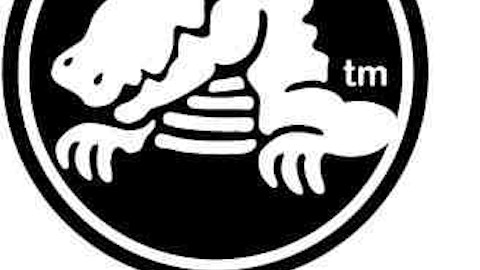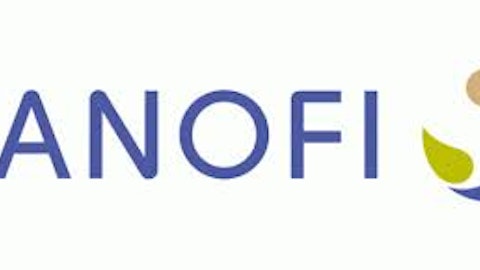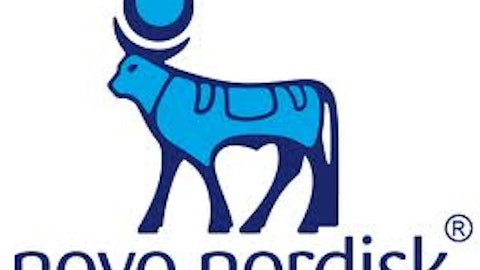With the Federal Reserve set to start tapering asset purchases in September, it is time to start looking for stocks that offer some protection from the impending market volatility.

Unlike many market commentators, who recommend buying large companies with strong dividends and a long history of maintaining payouts, I do not believe this is the way to go. Indeed, the last time the Fed announced that it was considering tapering, companies that offer a larger than average dividend yield were the worst hit.
Instead, I am looking to companies that operate in markets that will not be affected by the taper, which will cause interest rates to rise across asset classes and potentially start an economic slowdown.
So, here are the contenders:
And here are the reasons for buying:
Safety in pharma
Merck & Co., Inc. (NYSE:MRK) is not in favor with many investors right now as the company is suffering from declining sales due to generic competition.
Indeed, during the second quarter Merck & Co., Inc. (NYSE:MRK)’s year-on-year earnings fell a staggering 48% and revenue declined 10%. Meanwhile, earnings per share fell 20% compared to the same period last year.
The majority of this decline in sales and earnings is due to falling sales of the company’s key drug Singulair, which declined 80% from the same period in 2012.
However, during the same period, eight of the company’s top ten drugs saw sales rise, with sales of diabetes drug Janumet rising 16%, Gardasil revenue jumped 18% and Nasonex grew 11%. In addition, Merck & Co., Inc. (NYSE:MRK) has 44 drugs in its pipeline, six of which are close to coming to market.
Still, what really excites me about Merck & Co., Inc. (NYSE:MRK) is the company’s cash return to investors. The company is buying back $20 billion worth of stock over the next year or so, which is around 430 million shares, 14% of issued share capital.
Moreover, including the dividend payout and the effect of stock buyback, Merck & Co., Inc. (NYSE:MRK) is set to return a total of 17% per share to investors this year – a return that will be hard to beat elsewhere.
Oil and refined products will continue to see demand
Any talk of tapering will hurt the price of WTI crude oil, which will lead to larger profits for Philips 66 as the company relies on the Brent-WTI spread for profits.
In addition, as the exportation of crude from the US is illegal, US refineries are seeing a lot of demand from Europe for cheaper refined products; Philips is set to benefit as the company can sell refined products at higher prices in Europe than it can in the US.
Indeed, Philips has already started to export more refined product, increasing exports by 75,000 barrels per day in the second quarter to a total volume of 181,000 barrels per day.
Nonethless, some investors could be worried that Philips looks overbought following a near 70% rise in its stock price since its spin-off last year. However, on a valuation basis, Philips trades at a 30% price-to-sales discount to the rest of the sector – surprising considering Philips is 52% bigger than its closest competitor. Moreover, Philips has over 15,000 miles of pipeline and a 50% share in the Chevron Phillips Chemical Company. On a trailing 12-month P/E basis, Philip also looks cheap trading at a ratio of 7.9 compared to the sector average of 15.



